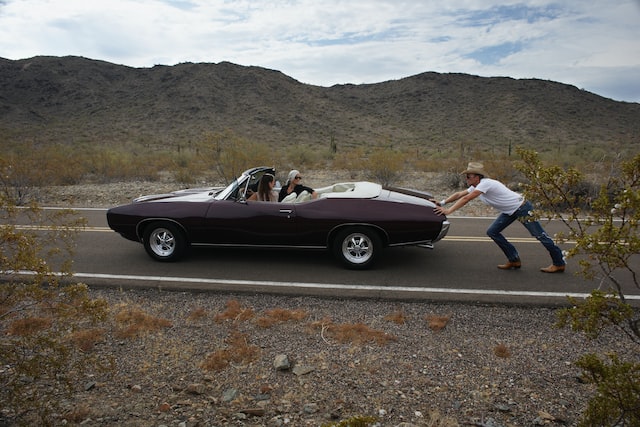
When your car shuts off when stopped or slowing down, it’s more than an inconvenience – it’s a symptom of underlying issues that need immediate attention. The causes can be multifaceted, including faulty fuel system components like a malfunctioning fuel pump, fuel filter, or fuel injectors that restrict the proper flow of fuel. Electrical issues involving the battery, alternator, or ignition switch, and mechanical problems related to the idle control valve or air filter are common contributors. The problem can also stem from dirty or faulty sensors disrupting accurate engine performance adjustments. Lastly, an overheating engine or a malfunctioning cooling system can also compel the car to shut off.
If you’ve ever experienced your car suddenly shutting off when you come to a stop or slow down, you know how frustrating and potentially dangerous this problem can be. The sudden loss of power can make it difficult to control the vehicle, and it can also put you in danger if you’re in traffic or in a dangerous location. In addition to safety concerns, this issue can also lead to expensive repairs if not addressed promptly. Therefore, it’s essential to understand the causes of a car shutting off when stopped or slowing down and take the necessary steps to fix it promptly.
My Car Shuts Off When Stopped Or Slowing Down: Possible Causes
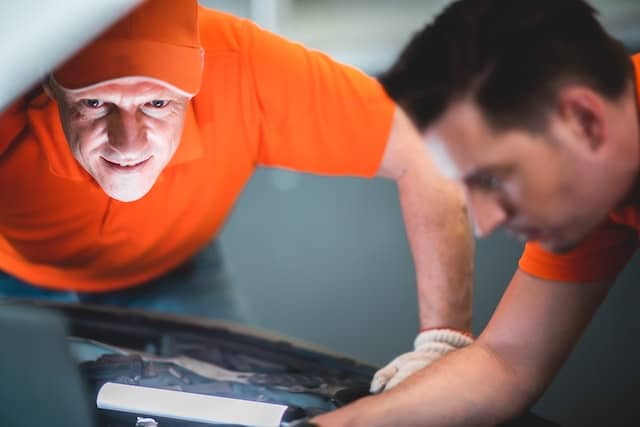
Faulty Fuel System Components
The fuel system is responsible for delivering the right amount of fuel to the engine for combustion. A malfunctioning fuel pump, fuel filter, or fuel injectors can cause a car to shut off when stopped or slowing down. A clogged fuel filter can restrict fuel flow, causing the engine to stall when idling or slowing down.
Electrical Issues
The electrical system of a car is responsible for providing power to various components, including the battery, alternator, and ignition switch. Malfunctions in any of these components can cause a car to shut off unexpectedly.
Mechanical Problems
The mechanical components of a car, such as the idle control valve or air filter, play an important role in the engine’s functioning. If any of these components are faulty or dirty, they can cause the engine to shut off when the car is at a stop or slowing down.
Dirty or faulty sensors
Dirty or faulty sensors: The car’s sensors measure various parameters, such as airflow, oxygen levels, and temperature, and send signals to the engine control module to adjust engine performance. If the sensors become dirty or faulty, the engine may stall.
Overheating Engine or Malfunctioning Cooling System
If the engine is overheating due to a malfunctioning cooling system, it can cause the car to shut off unexpectedly.
Steps To Diagnose The Problems
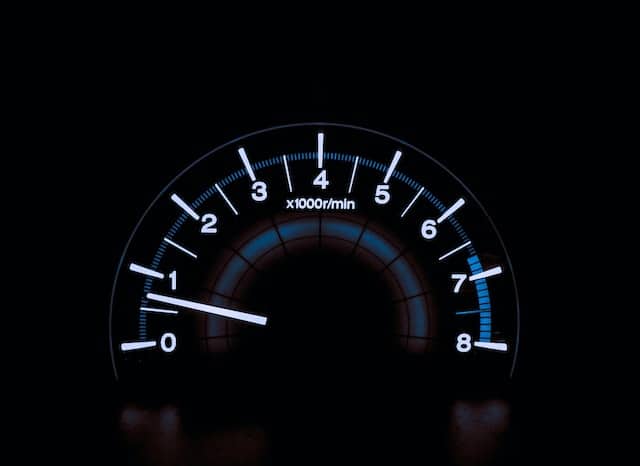
Inspect the idle control valve
To diagnose a faulty idle control valve, remove the valve and inspect it for wear or damage. Clean it with a carburetor cleaner and test it with a voltmeter or an ohmmeter to determine if it is functioning properly.
To inspect the idle control valve, follow these steps:
Locate the idle control valve
The idle control valve is usually located on the throttle body or intake manifold of the engine.
Remove the idle control valve
Depending on the make and model of the car, the idle control valve may be held in place with screws, bolts, or clips. Remove the valve from the engine.
Inspect the idle control valve
Check the valve for signs of wear, damage, or corrosion. Ensure that the valve is clean and free from debris.
Test the idle control valve
Using a voltmeter or an ohmmeter, test the valve’s electrical circuit by measuring the resistance across its terminals. The resistance value should be within the range specified in the car’s service manual. If the resistance is out of range, the valve may be faulty and needs to be replaced.
Clean the idle control valve
If the valve is dirty or clogged, clean it using a carburetor cleaner or throttle body cleaner. Ensure that the valve is completely dry before reinstalling it.
Reinstall the idle control valve
Securely fasten the valve back onto the engine, reconnect any electrical connectors or hoses, and tighten any screws or bolts as needed.
Test the idle control valve
Start the engine and allow it to idle. Observe the engine’s performance to see if the idle speed is stable and consistent. If the engine still stalls or the idle speed fluctuates, the valve may need to be replaced.
Check the fuel filter
To diagnose a clogged fuel filter, remove it and inspect it for debris. Replace the fuel filter if it is dirty or clogged. Also, check the fuel pressure using a fuel pressure gauge to ensure the fuel pump is functioning properly.
Examine the alternator
To diagnose a malfunctioning alternator, use a multimeter to check the battery voltage while the engine is running. If the voltage is below 13.5 volts, the alternator may be faulty and needs to be replaced.
Test the sensors
To diagnose dirty or faulty sensors, use an OBD-II scanner to check for diagnostic trouble codes (DTCs). If a DTC is detected, inspect and test the corresponding sensor. Clean or replace the sensor as needed.
Inspect the fuel pump
To diagnose fuel pump issues, use a fuel pressure gauge to check the fuel pressure while the engine is running. If the fuel pressure is low, check the fuel pump fuse and relay, and inspect the fuel pump for wear or damage. Replace the fuel pump if it is faulty.
My Car Shuts Off When Stopped Or Slowing Down: Possible Solutions
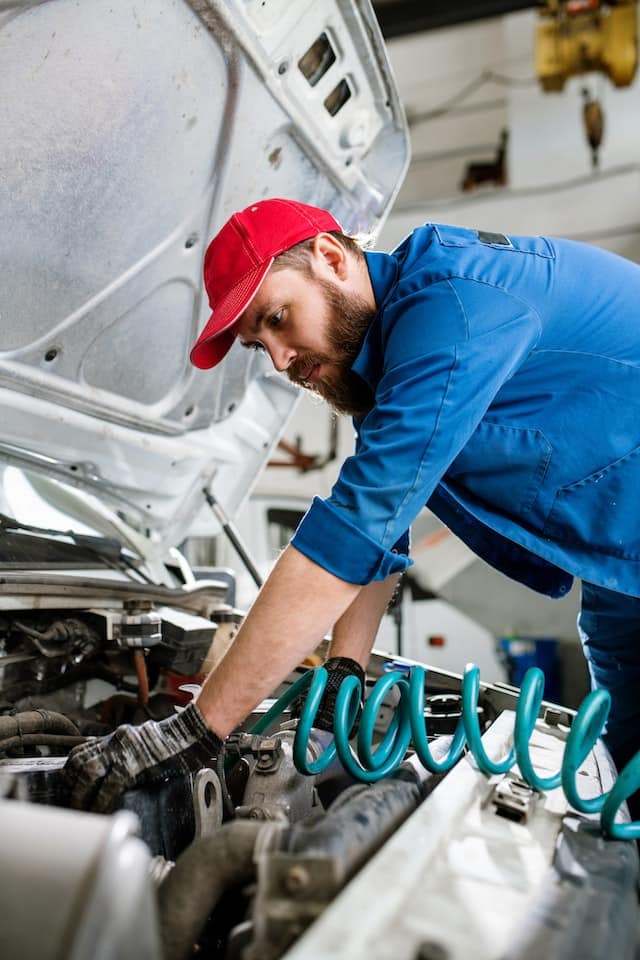
Clean or replace the idle control valve
If the idle control valve is faulty, clean it with a carburetor cleaner, and test it with a voltmeter or an ohmmeter. If it cannot be repaired, replace the idle control valve.
Replace the fuel filter
If the fuel filter is clogged, replace it with a new one to ensure proper fuel flow
Repair or replace the alternator
If the alternator is malfunctioning, it may need to be repaired or replaced. Repairing may involve replacing the brushes, regulator, or rectifier. If it cannot be repaired, replace the alternator
Clean or replace the sensors
If the sensors are dirty or faulty, clean or replace them as needed. Use the appropriate cleaning solution for each type of sensor, or replace the sensor if it cannot be repaired.
Repair or replace the fuel pump
If the fuel pump is faulty, repair or replace it as needed. Repairs may involve replacing the fuel pump filter or the fuel pump motor. If it cannot be repaired, replace the fuel pump.
Tips To Prevent Future Occurrence
Regular maintenance
Schedule regular maintenance checks with a mechanic to inspect and replace worn or damaged parts. This can help identify issues before they cause a bigger problem.
Proper use of the car
Drive the car responsibly and avoid overloading it beyond its capacity. Avoid driving the car on rough terrain, and keep it clean to prevent dirt and debris from entering the engine
Immediate repair of minor issues
Address minor issues as soon as possible to prevent them from becoming major problems. Monitor the car’s performance and take note of any unusual sounds or behavior, and have them checked by a mechanic as soon as possible.
Things To Avoid When My Car Shuts Off When Stopped Or Slowing Down

When your car shuts off when stopped or slowing down, there are a few things you should avoid doing to prevent further damage to the car or putting yourself in danger:
Do not try to restart the car immediately
Attempting to restart the car right away can cause further damage to the engine or other components. It is recommended to wait a few minutes before attempting to restart the car.
Do not continue driving
If your car shuts off while driving, do not attempt to continue driving as this can put you and other drivers in danger. Pull over to a safe location and turn on the hazard lights.
Do not ignore warning signs
If your car shows warning signs such as strange noises, vibrations, or warning lights, do not ignore them. These can be indications of a more serious problem and should be addressed promptly.
Do not attempt to fix the problem yourself: If you are not familiar with car mechanics, attempting to fix the problem yourself can cause further damage to the car or even lead to accidents. It is best to take the car to a qualified mechanic for proper diagnosis and repair.
Do not neglect regular maintenance
Regular maintenance checks can prevent issues from occurring or catch them early, which can save you time and money in the long run. Neglecting regular maintenance can lead to more serious issues down the road.
Car Shuts Off When Stopped Or Slowing Down: FAQs
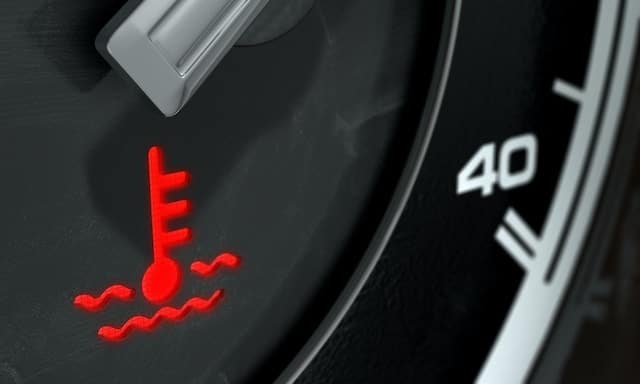
Why does my car shut off when stopped or slowing down?
Your car may shut off when stopped or slowing down due to a variety of reasons, such as faulty fuel system components, electrical issues, mechanical problems, dirty or faulty sensors, or an overheating engine.
What role do faulty fuel system components play in causing my car to shut off?
Faulty fuel system components like a malfunctioning fuel pump, fuel filter, or fuel injectors can restrict the proper flow of fuel to the engine, causing your car to shut off when stopped or slowing down.
Can electrical issues cause my car to shut off when stopped?
Yes, electrical issues involving components like the battery, alternator, or ignition switch can disrupt power supply, causing your car to shut off when stopped or slowing down.
What mechanical problems could lead to my car shutting off when slowing down?
Mechanical problems related to components like the idle control valve or air filter can affect the functioning of your engine, causing your car to shut off when slowing down.
How can dirty or faulty sensors cause my car to shut off when stopped?
Dirty or faulty sensors can disrupt the engine control module’s ability to adjust engine performance accurately, which may cause your car to shut off when stopped.
Can an overheating engine cause my car to shut off when stopped or slowing down?
Yes, an overheating engine or a malfunctioning cooling system can cause the car to shut off unexpectedly, even when stopped or slowing down.
What should I do if my car keeps shutting off when I slow down or stop?
If your car keeps shutting off when you slow down or stop, it’s crucial to diagnose the problem as soon as possible. Consider consulting with a professional mechanic to identify and fix the underlying issues.
Are these issues that cause my car to shut off when stopped or slowing down expensive to fix?
The cost of repairs can vary widely depending on the specific issue at hand. Some problems, like replacing a dirty air filter or cleaning sensors, are generally inexpensive, while others, like fixing a malfunctioning fuel pump or cooling system, can be more costly.


